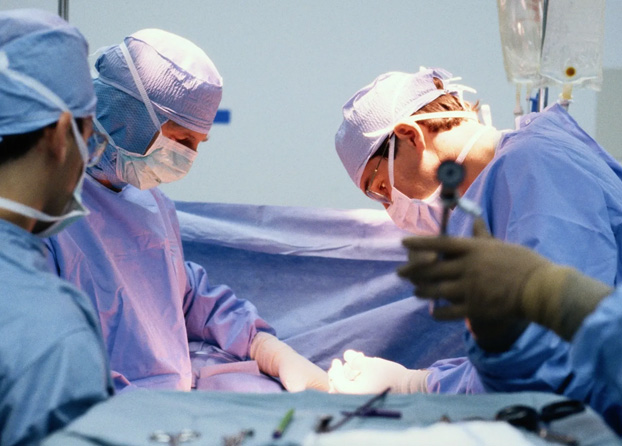How to differentiate arterial ulcer from venous ulcer?
In the field of vascular surgery, chronic ulcers of the lower limbs are like silent alarms, with arterial ulcers and venous ulcers accounting for more than 70% of cases. These two ...

Our solutions start with a need. Patients and healthcare professionals inspire us to design medical solutions for wound management, surgery and pressure ulcer prevention. We want to enhance performance at every point of care – from the operating room to the home.
In the field of vascular surgery, chronic ulcers of the lower limbs are like silent alarms, with arterial ulcers and venous ulcers accounting for more than 70% of cases. These two ...
In the vascular surgery clinic, about 65% of patients with lower limb ulcers are not diabetic patients. The root cause is venous system dysfunction. Symptoms include leg swelling, ...
Many people think that "leg ulcers" (lower limb ulcers) are a problem exclusive to diabetic patients. In fact, even if blood sugar is normal, leg ulcers may be caused by other reas...
Many people think that minor injuries are not a big deal, such as accidentally cutting your hand while cutting vegetables, bleeding due to lack of force when pulling out a hangnail...
Do foot blisters occur during exercise? Foot blisters are a common skin injury among sports enthusiasts. The core mechanism of their formation is the repeated friction between the ...
Previous article Our team EB For EB patients, wound management is not a simple wound treatment, but a core task of multi-dimensional comprehensive care throughout life. Its goal is...
In daily life, skin trauma is unavoidable, from bumps and abrasions to bruises and injuries. Local lumps may form during the wound healing process. This wound lump may seem ordinar...
Butterfly Baby, behind this beautiful name, is the pain that ordinary people can hardly imagine. Why do I say that? Its full name is hereditary epidermolysis bullosa, and the skin ...